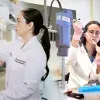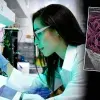Luis Welbanks, a graduate of PrepaTec State of Mexico, has received a fellowship from the NASA Hubble Fellowship Program (NHFP).
The NHFP supports outstanding postdoctoral scientists to pursue independent research which contributes to NASA Astrophysics, using theory, observation, experimentation, or instrument development.
Luis was in competition with more than 400 applicants, from different parts of the world, to win the fellowship.
“This fellowship is the most important one in the world of astrophysics and is available to people from all over the world. The area of exoplanets is not the only one that matters to NASA, so it’s good to know that they think my research is important and urgent, as very few people receive this after a three-year PhD.
“Obviously, I didn’t expect them to give it to me. I was really surprised when I received it. This is recognition, a sign that the topics I’m proposing we investigate are related to NASA’s objectives,” he said proudly.

Are we alone in the universe?
Luis is currently researching new chemical species on other planets.
“Scientifically speaking, what interests me is knowing what the atmospheres on other planets are made of, what chemicals are present.
“The way we do it is by observing the eclipses of planets orbiting other stars. When a planet passes in front of them, there’s an eclipse, and when the light from the star passes through the atmosphere of these planets, we can see the fingerprint of the chemicals that are present, as well as clouds, aerosols, temperature, etc.”
These types of observations have allowed Luis, and the research groups he works with, to find lithium on an exoplanet for the first time, as well as water on most exoplanets, although in smaller quantities than previously thought.
“There will be new telescopes, new opportunities to see planets in different wavelengths with more precision. That will give us new observations for which we will need better models so we can know if there are signs of life on other planets or not. We may find ozone on another planet, but we need all the details to be able to compare it with Earth.
“We want to be sure that when we make a statement of such magnitude, we’re considering all the effects possible on those planets. If we are alone in the universe, we should think about how important life on Earth is and how lucky we are to live here,” he says.
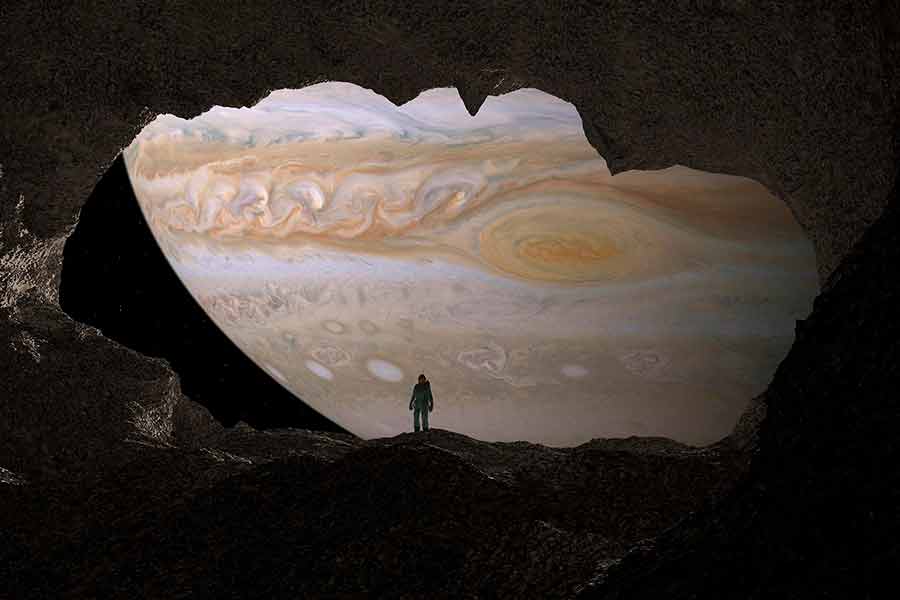
His academic excellence opened doors for him abroad
His passion, perseverance, and discipline have led him to win multiple scholarships allowing him to continue his studies abroad.
He received a grant from CONACYT to study a master’s degree in physics at the same university. There, he worked with the Quark Nova Project, which is a group dedicated to the investigation of supernovae and quark novae, the explosion of a neutron star that produces a quark star.
Later, for his doctoral studies, Luis won the Gates-Cambridge scholarship, which celebrates its 20th anniversary this year and is the main international postgraduate scholarship program at the University of Cambridge.
The objective of his doctorate was to characterize the atmospheres of other planets, to understand their chemical composition.
“In a way, almost through luck, the area of exoplanets had a lot in common with the origin of things. Fundamentally, understanding if we’re alone on the planet and being part of that investigation for humanity is something unique.
“I honestly believed that nothing was going to happen with the Gates-Cambridge scholarship. I was the only Mexican selected to study astronomy. It’s a huge privilege because no one in the country, no physicist, has ever been awarded that scholarship,” he proudly explains.
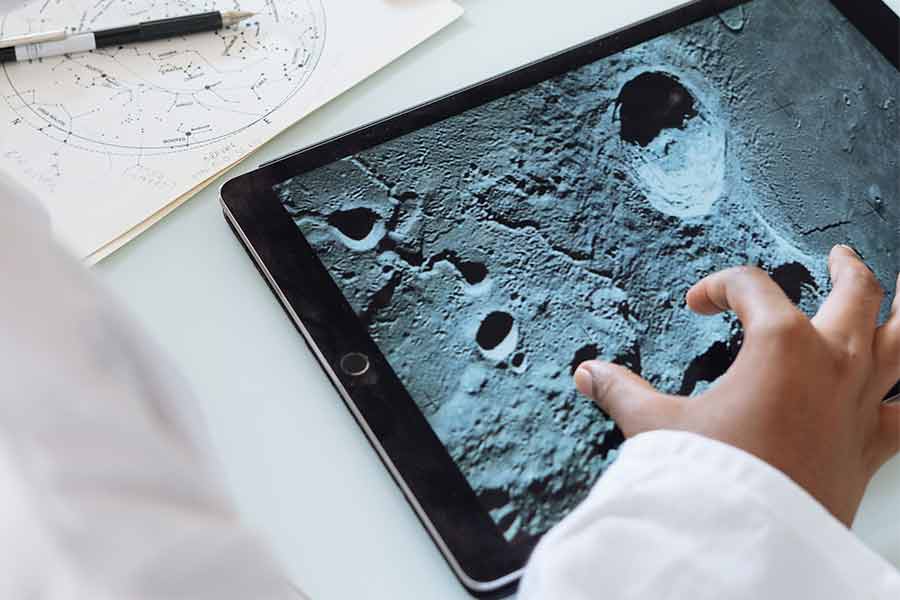
PrepaTec skills, essential for his career
The graduate shares the following tools that PrepaTec provided him with and have been useful throughout his career, most of which he developed during his internship.
“Critical thinking has been fundamental, as well as teamwork and leadership. I developed those through cultural programs.
“My internship was in a theater and I was part of the production staff. I learned to handle relatively large projects, making sure that there was good communication, and that they were completed properly and on time.”
Discover your purpose and dedicate yourself to it!
Finally, he shares some advice for PrepaTec students, motivating them to pursue their dreams and find their purpose in life.
“When I was in that position, I was uncertain and afraid of taking this route. It was an untraveled path, and full of dangers. At the time, my parents wanted me to stay at the Tec. My grandmother believed that studying astrophysics meant I was going to read horoscopes (he laughs). She later asked me to forgive her.
“Approach your teachers. They want their students to be successful. I had the support of my teachers, of mentors who believed in me. Find out what motivates you and dedicate yourself to it,” he concluded.
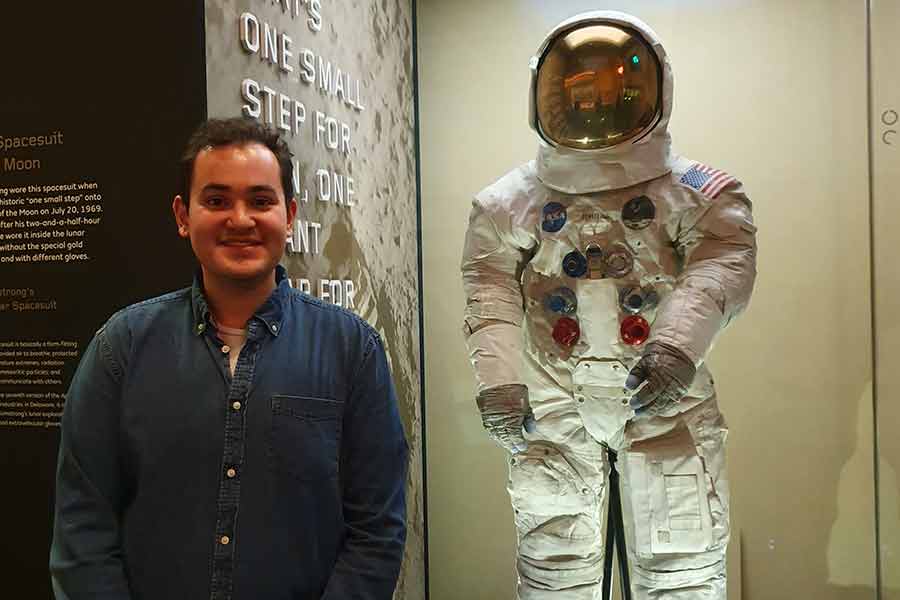
READ MORE NEWS AT CONECTA:




